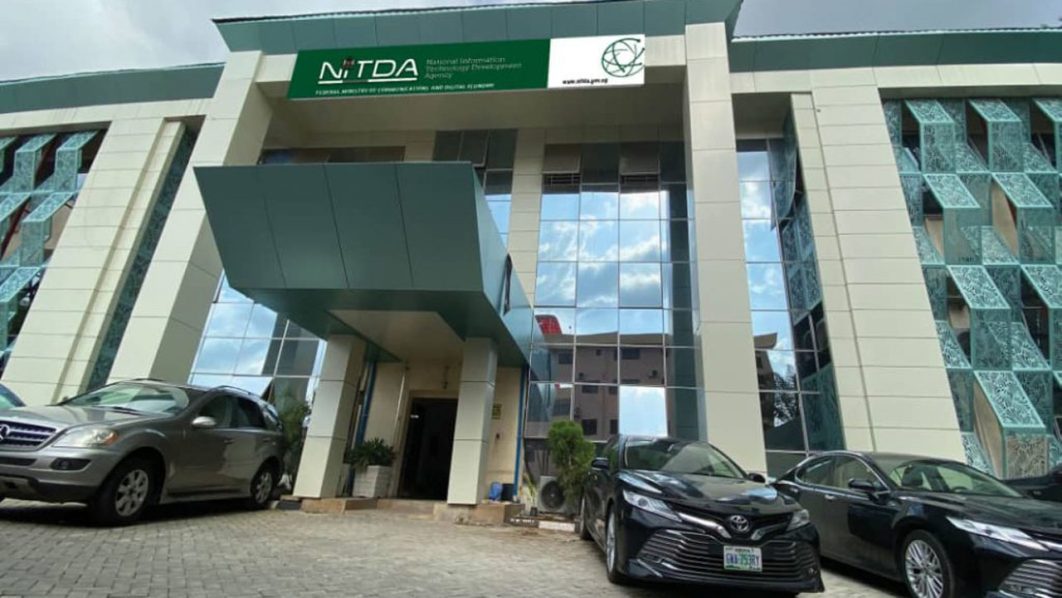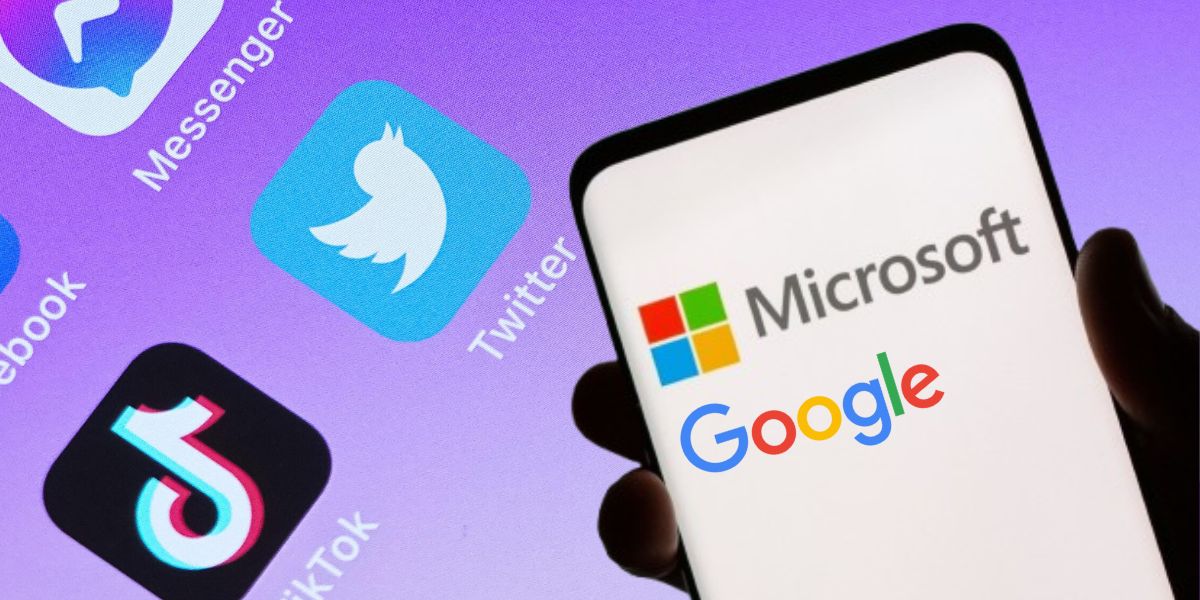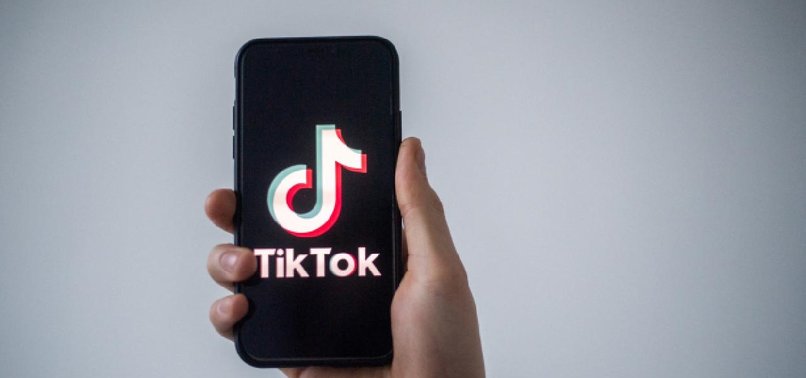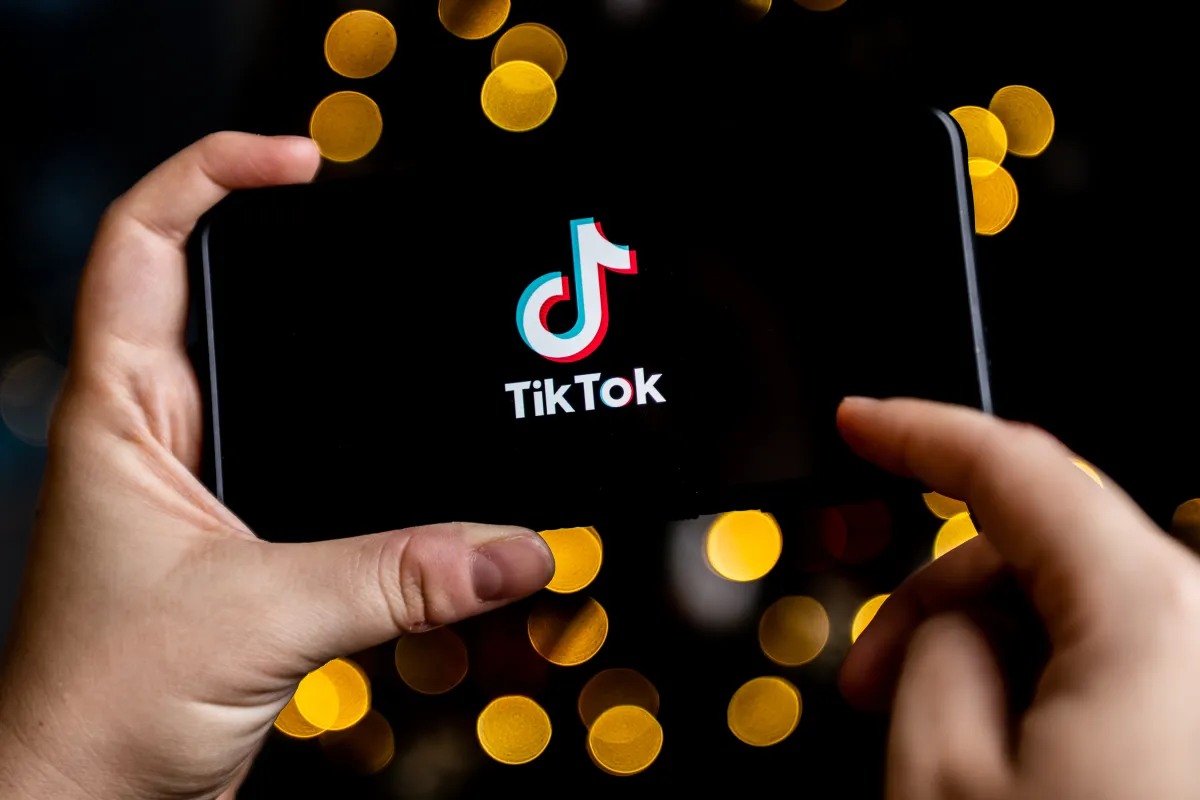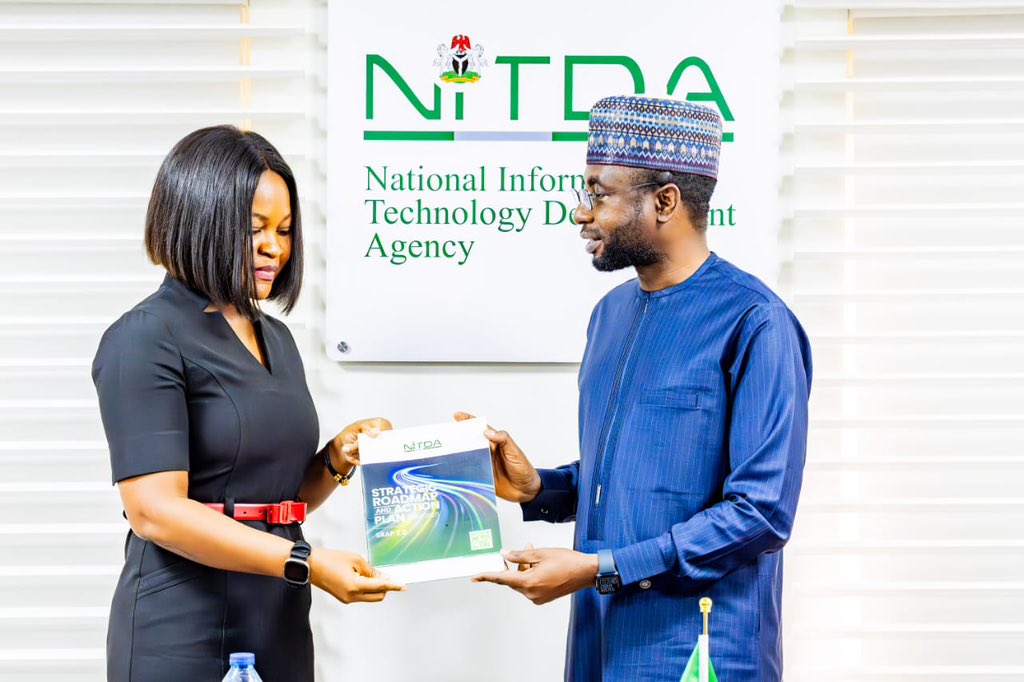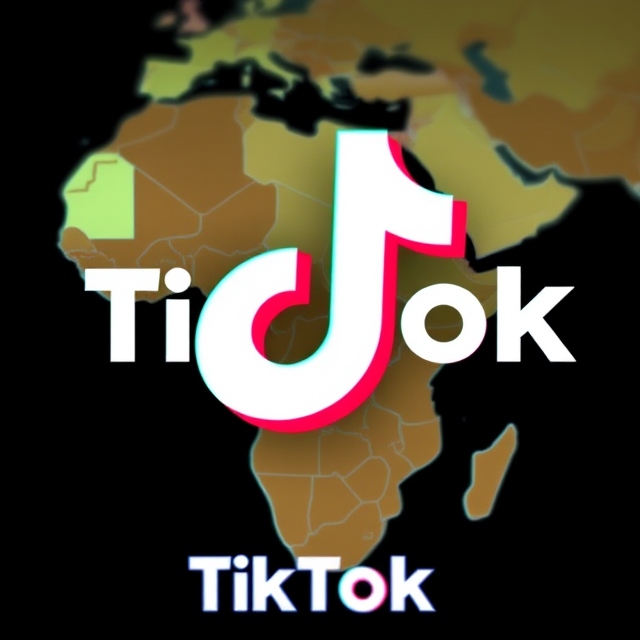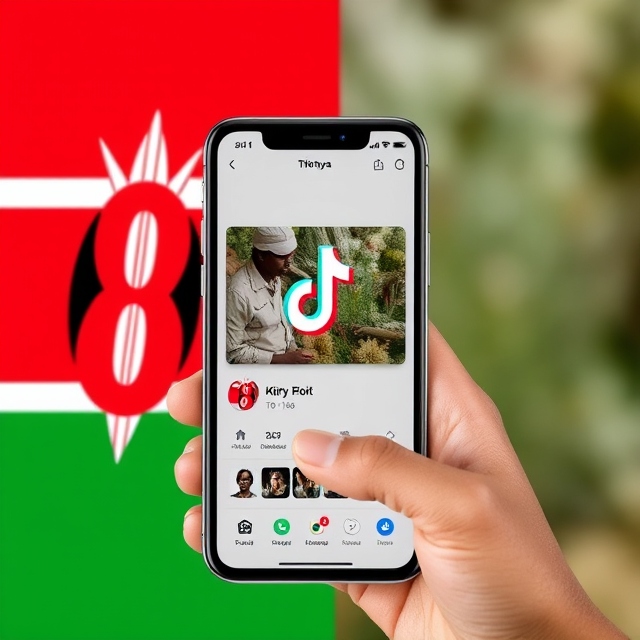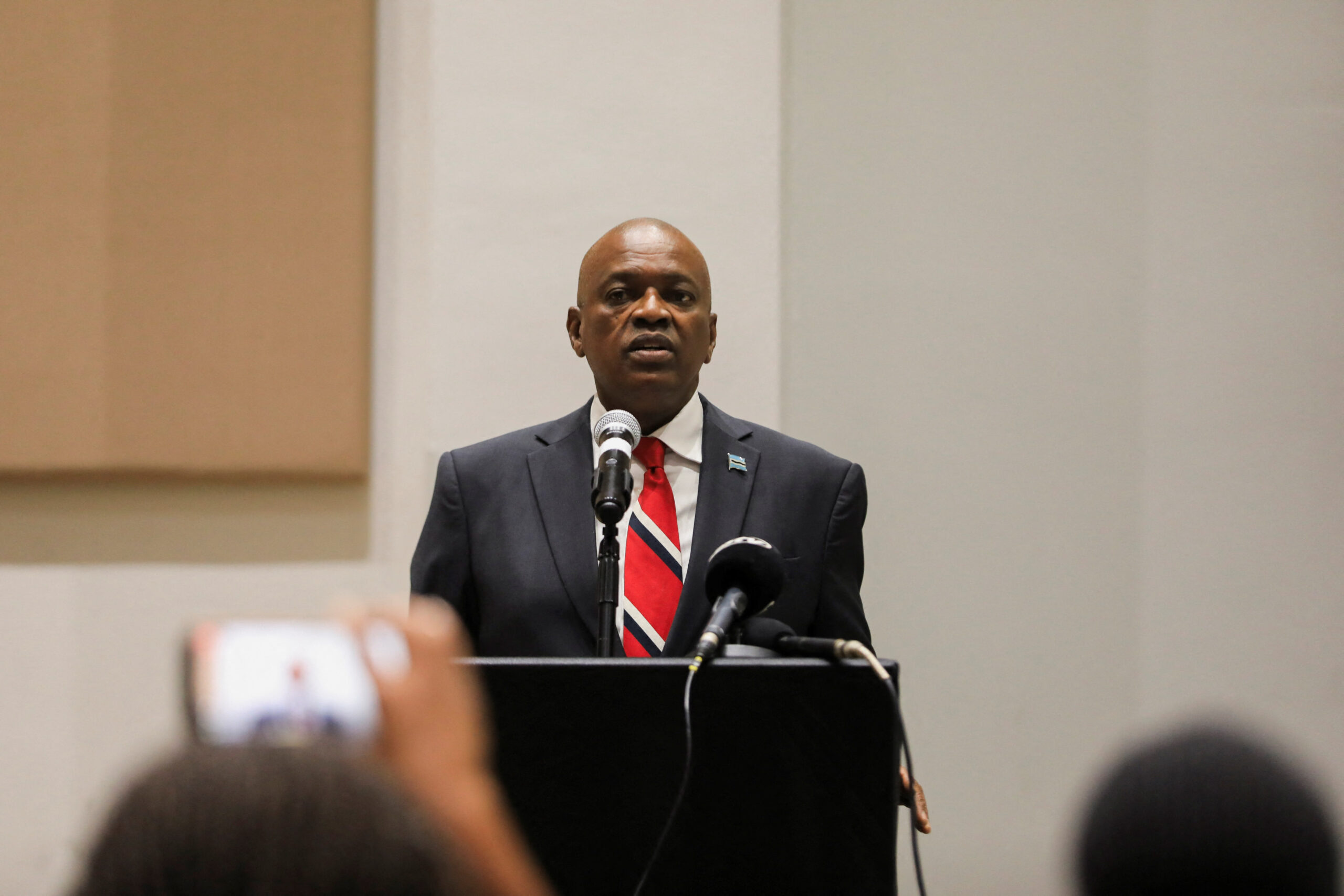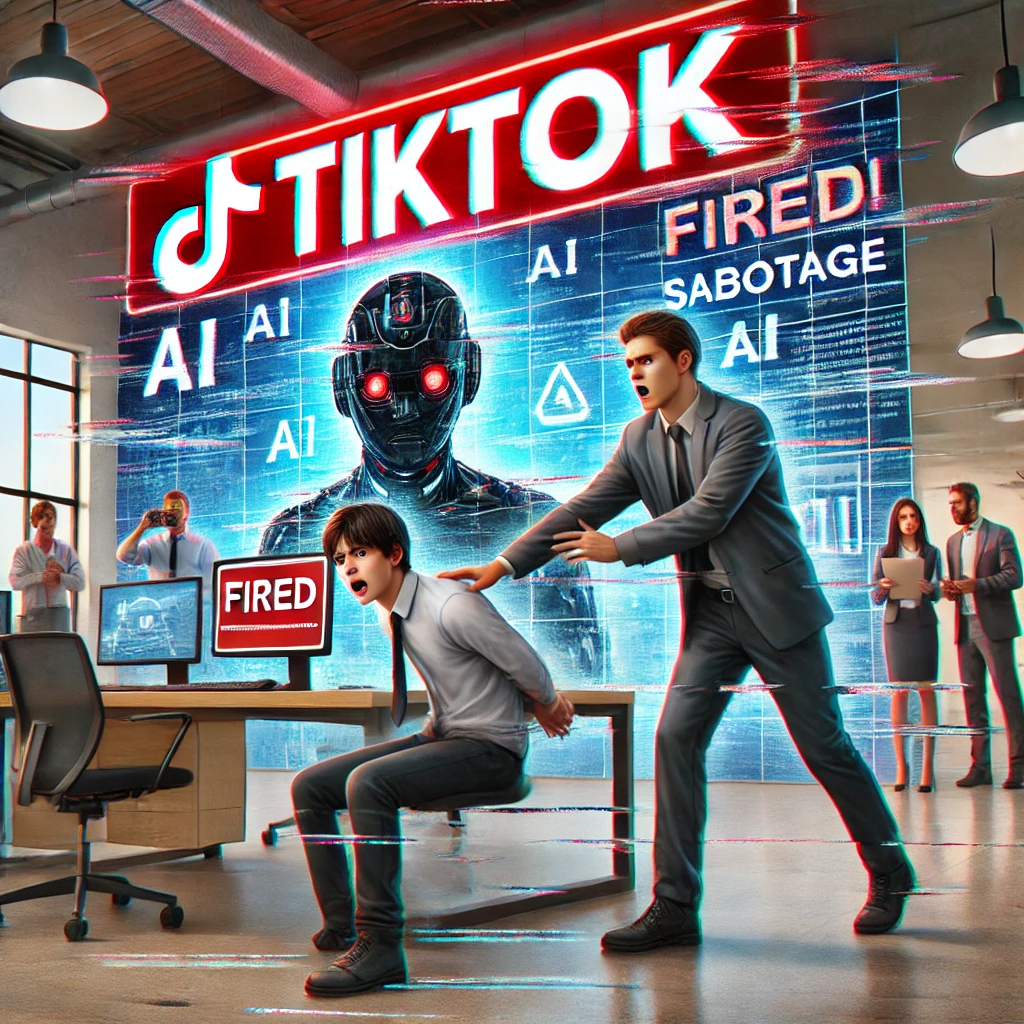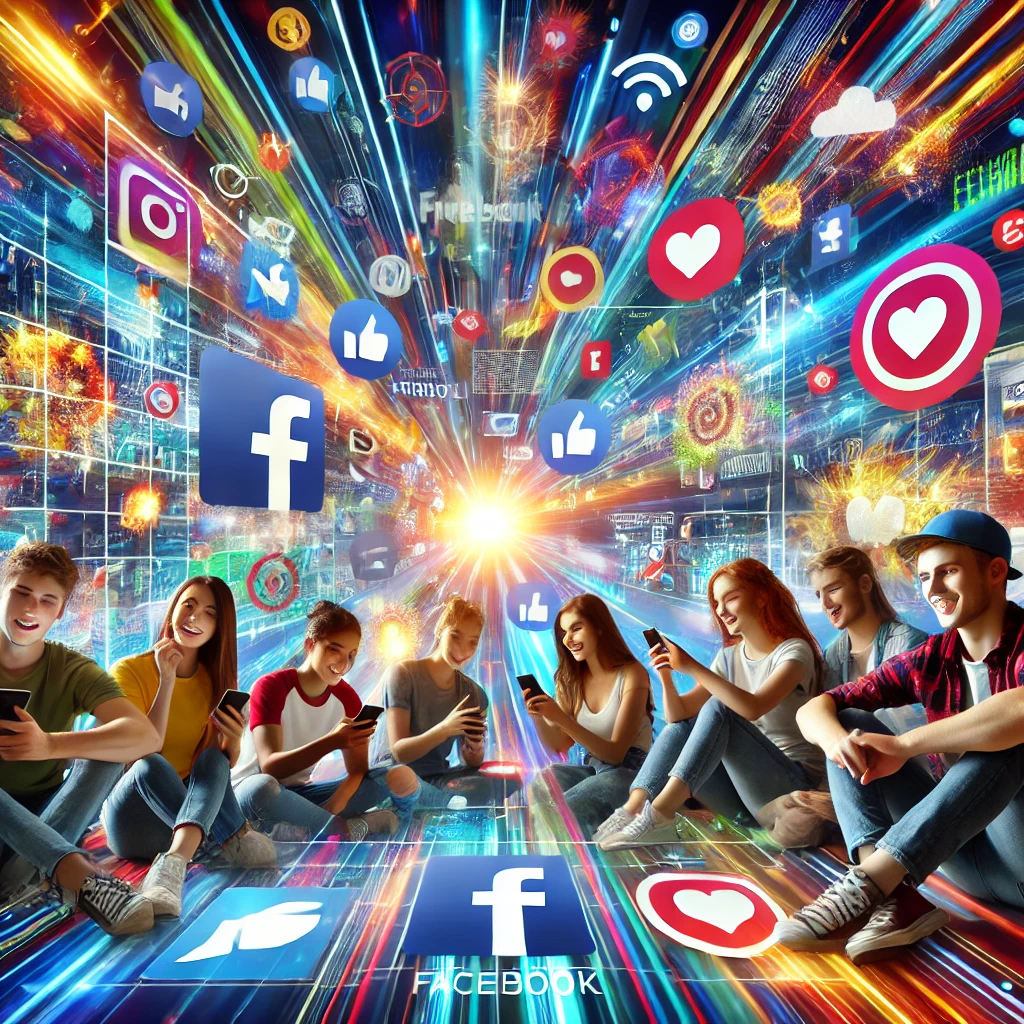The National Information Technology Development Agency (NITDA) has collaborated with TikTok to launch “Safer Together” campaign, as a demonstration of its commitment to advancing the online safety of Nigerians.
Speaking at Tiktok Online Safety and Digital Awareness Program in Abuja on Thursday, NITDA Director-General Kashifu Abdullahi stressed the significance of establishing a safe and welcoming digital environment.
The event, held in partnership with NITDA and Data Science Nigeria, aims to bolster the initiative’s influence in Abuja, Lagos, and other states.
Read also: DSN partners NITDA, TikTok to promote safety for kids
DG Abdullahi, represented by Ahmed Tambuwa, acting Director, Digital Literacy and Capacity Building, emphasised that Nigeria is a leader in the continent’s digital revolution because it has one of Africa’s largest tech ecosystems, a growing number of digital startups, and a population that is becoming more connected.
“As we delve into the intersection of Nigeria’s evolving technological landscape and the paramount importance of online safety and digital well-being, Nigeria is at the forefront of Africa’s digital transformation with one of the continent’s largest tech ecosystems, burgeoning digital startups, and an increasingly connected population,” he said on Thursday.
“Our country is experiencing a digital revolution that promises to reshape every facet of our society,” he noted.
Government efforts despite drawbacks
Widespread connectivity has been made possible by government programs like the Nigerian National Broadband Plan and the development of digital infrastructure.
Mr Tambuwa admitted that Nigeria’s digital growth came with challenges that include false information, cyberbullying, and online exploitation.
NITDA implemented a regulatory intelligence structure that places a premium on awareness, intelligence, and dynamism to allay these worries. The framework aims to promote diversity and creativity while balancing the hazards connected to digital technologies.
He noted that TikTok’s Safer Together campaign, which aims to educate parents, educators, and other stakeholders about digital safety, supports NITDA’s efforts.
TikTok’s proactive approach to user safety, especially with features like screen time monitoring and anti-bullying tools, was praised by the DG.
The DG added, “Achieving digital wellness requires a multi-stakeholder approach, involving government, private sector players like TikTok, educators, parents, and civil society.
“Together, we must expand digital literacy, so we must equip our citizens to be digitally literate. For us at NITDA, we have a target to ensure that 70 per cent of Nigerians are digitally literate by 2027.
“This will greatly help to achieve our objectives of transforming Nigeria into a digital economy, without a digitally literate population, that cannot be achieved. Secondly, to enhance regulatory collaboration. And thirdly, to empower the youth.”
He urged all parties involved to support the Safer Together campaign in his closing remarks, saying that the combined efforts of all participants today would influence the digital lives of millions of Nigerians.
Read also: AfriTECH 4.0: Blockchain and AI key to Africa’s digital future, says NITDA DG
TikTok calls for concerted efforts to promote online safety
Tiktok’s Head of Public Policy/Government Relations West Africa, Tokunbo Ibrahim, emphasised the importance of teamwork in establishing a more secure online environment.
Ibrahim clarified that TikTok’s overarching goal of encouraging creativity and joy in a safe online space is reflected in the Safer Together campaign.
“Safer Together really means working together,” Ibrahim said. “The public, TikTok, the government—everyone has a role to play in keeping the internet safe. One party alone cannot achieve this goal.”
Ibrahim urged all stakeholders to support the project, noting that TikTok was dedicated to encouraging safety, trust, and responsible digital interaction.
